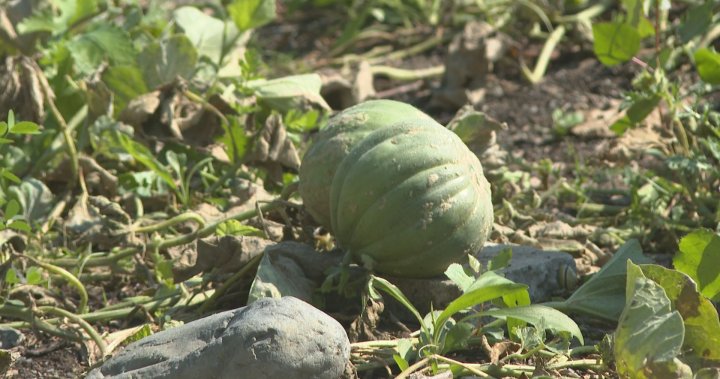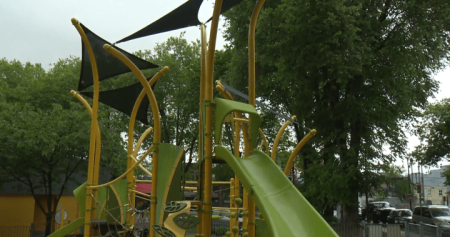The Montreal melon, once a luxurious delicacy in high demand among society’s elites, is making a comeback thanks to a local community group. Sold for one or two dollars a slice in the 1800s, the melon was a luxury food that was grown along the St. Lawrence River and highly sought after by aristocrats in New York, Boston, and Philadelphia. The reasons for its popularity are not entirely clear, but it was a lucrative crop for many farmers in Montreal at the time.
Unfortunately, as farmland was replaced by industrial development in the early 20th century, the Montreal melon disappeared from production and its seeds were lost. However, in 1996, some seeds were discovered in an Iowa seed bank, leading to efforts to revive the melon. The Blue Bonnets Gardens, an urban farming organization, has taken the lead in reintroducing the melon by planting seeds at the old horse-racing track where they were likely grown in the past.
The organization is currently working to determine which seeds produce the best tasting melons in order to grow a new batch of Montreal melons. In late August, a tasting event allowed locals to sample the fruit, with many describing it as soft and sweet. For some, like Pierre Cardinal whose grandfather was a Montreal melon farmer, the tasting was an emotional experience connecting them to their family history. The urban farmers plan to replant the seeds of the best crop next year and donate the melons to a local food bank.
The revival of the Montreal melon is seen as an important part of Montreal’s history and a way to reconnect with the city’s agricultural past. By bringing back this once highly prized fruit, the community group hopes to not only preserve a piece of local heritage but also provide a unique and flavorful experience for residents. The project is a testament to the dedication of those involved in preserving and celebrating the cultural and culinary history of the Montreal melon.
As efforts to revive the Montreal melon continue, there is excitement and anticipation surrounding the potential return of this historic fruit to the city’s tables. With the support of local residents and the dedication of organizations like the Blue Bonnets Gardens, the Montreal melon is on its way to becoming a staple once again. By sharing the melon with the community and preserving its heritage, the project is not only bringing back a piece of Montreal’s past but also creating new connections and experiences for current and future generations to enjoy.















